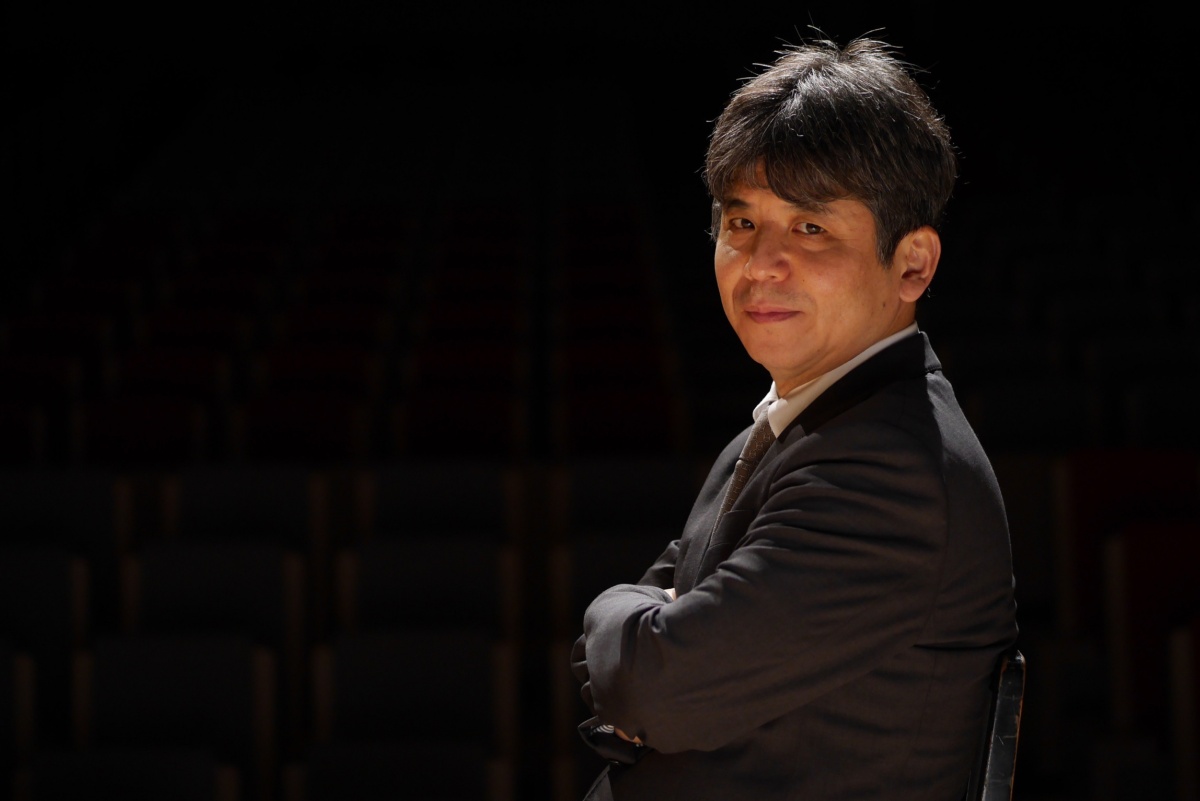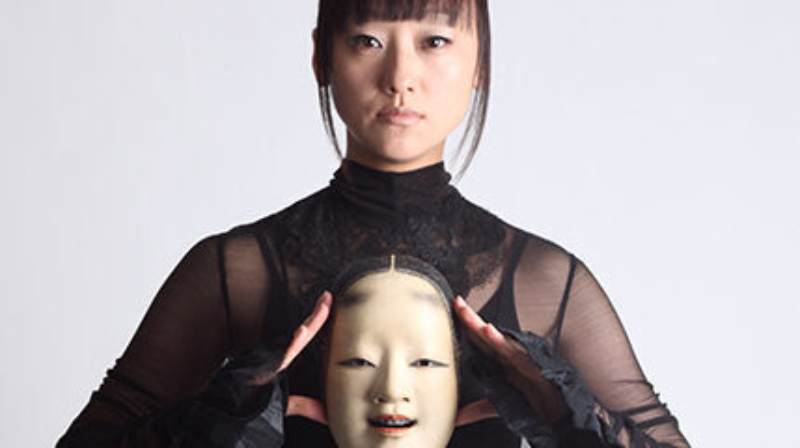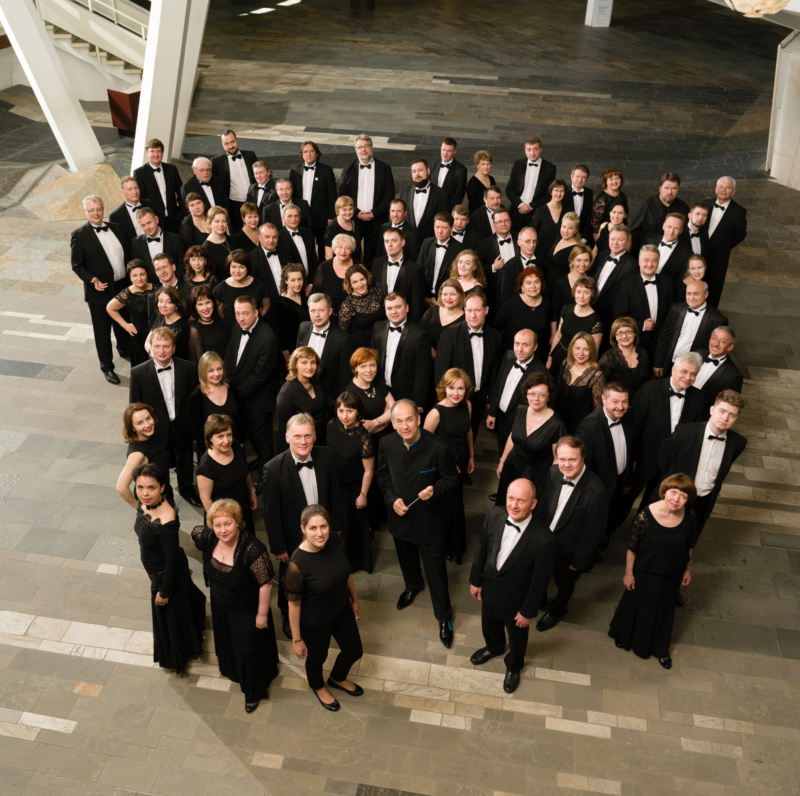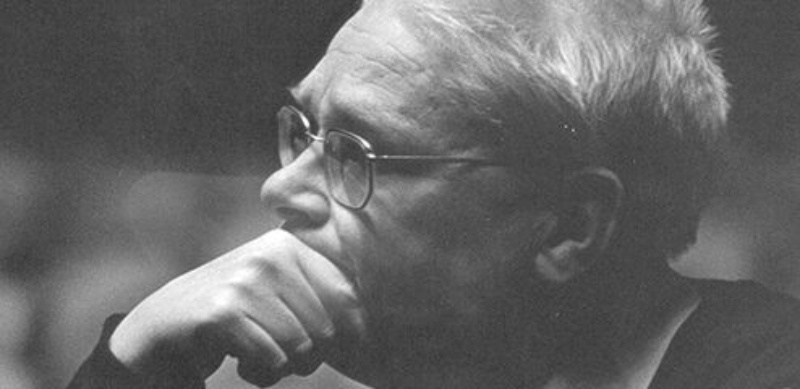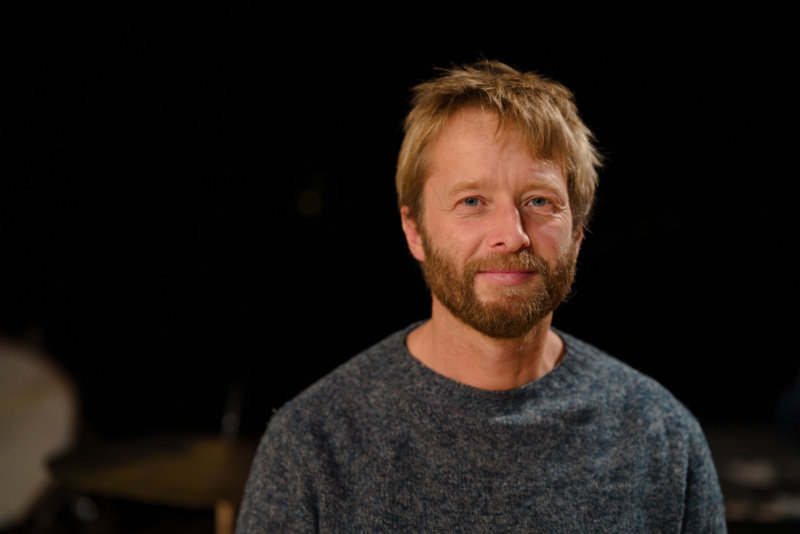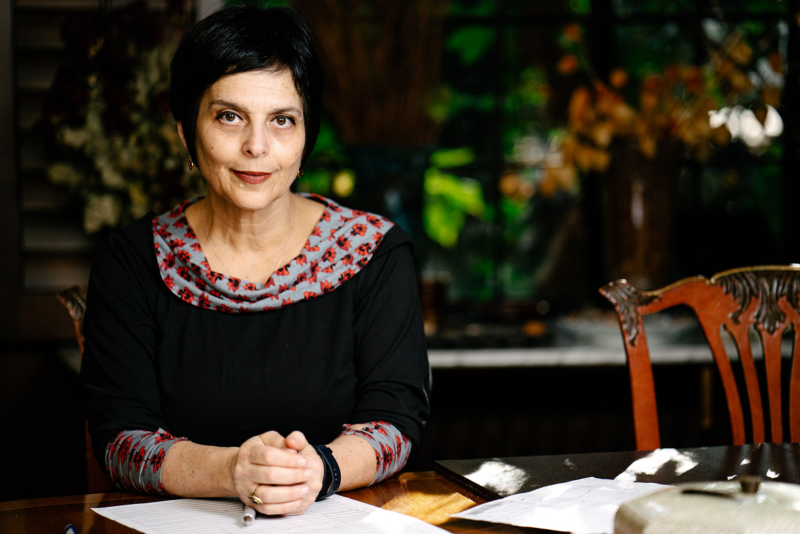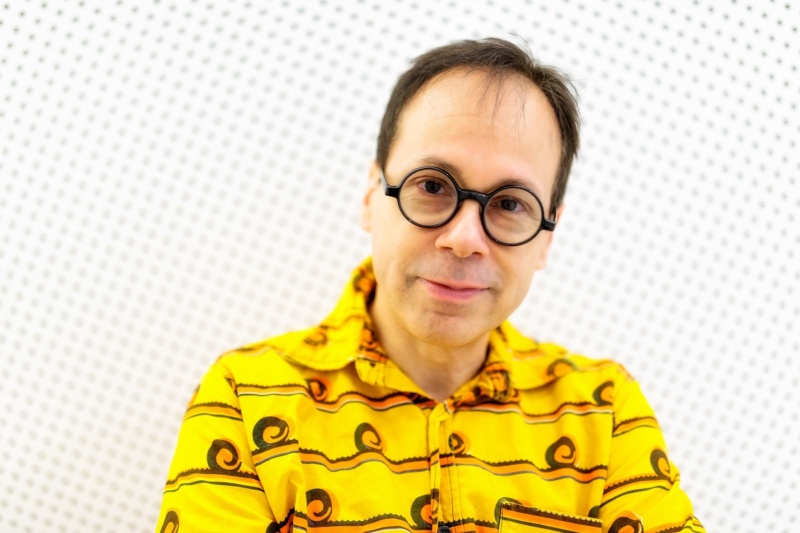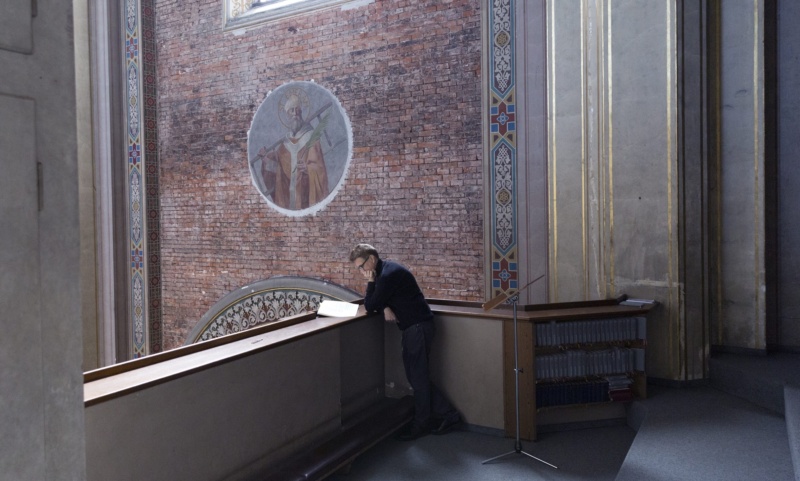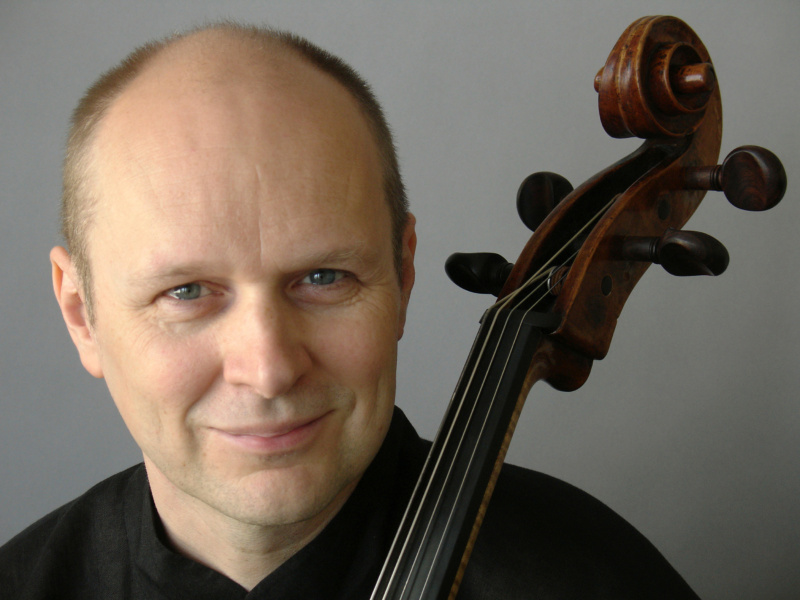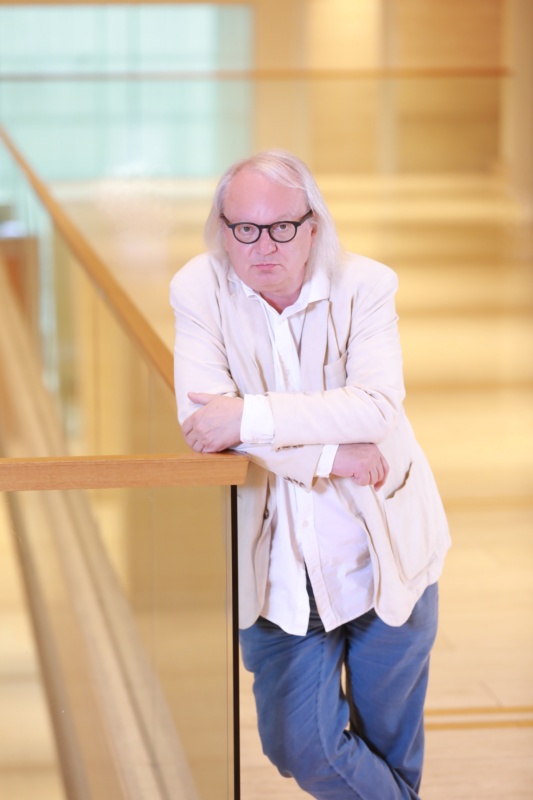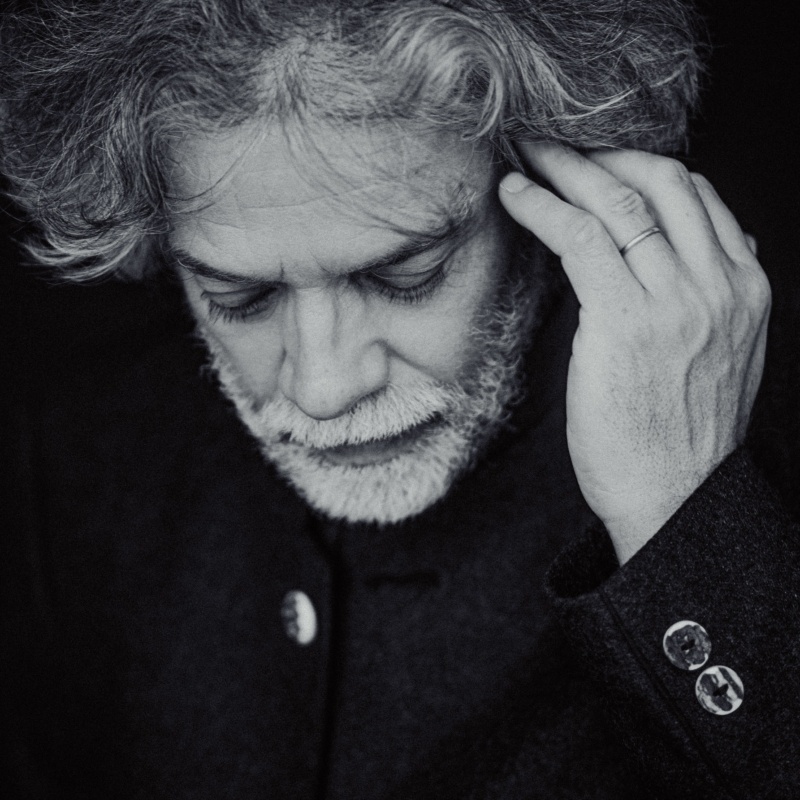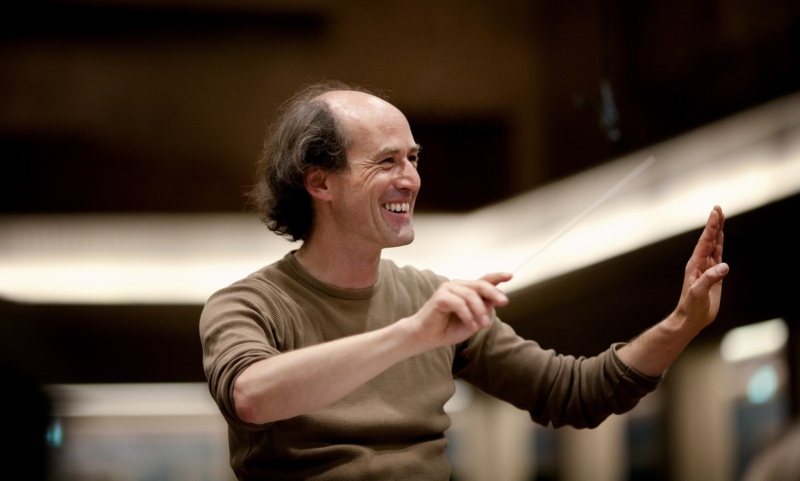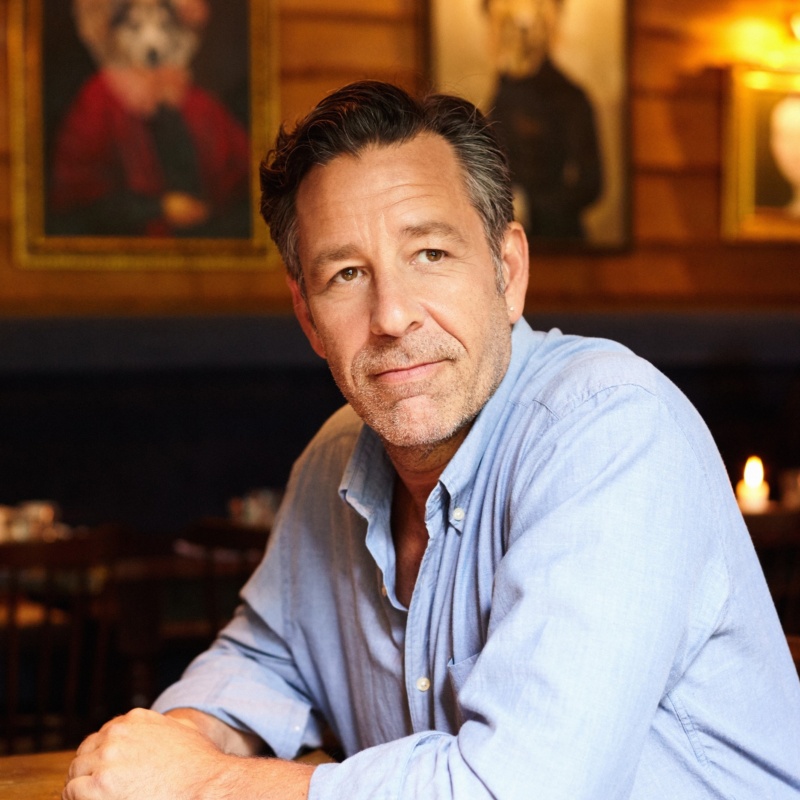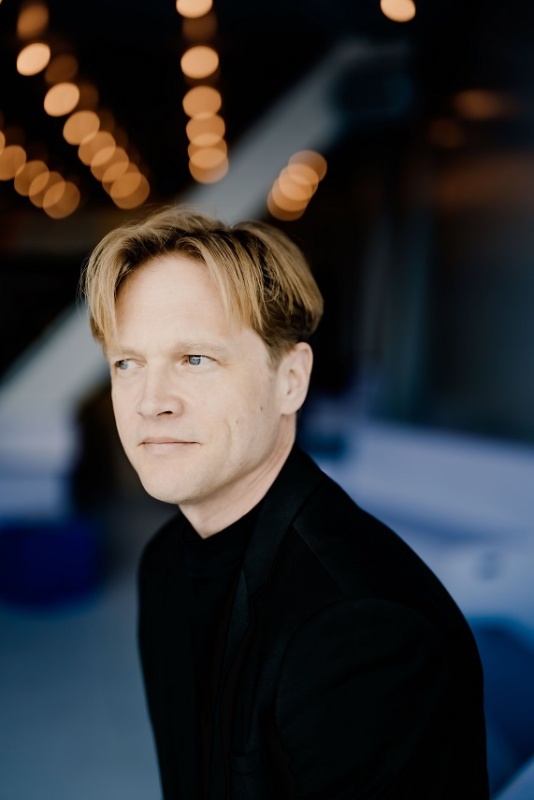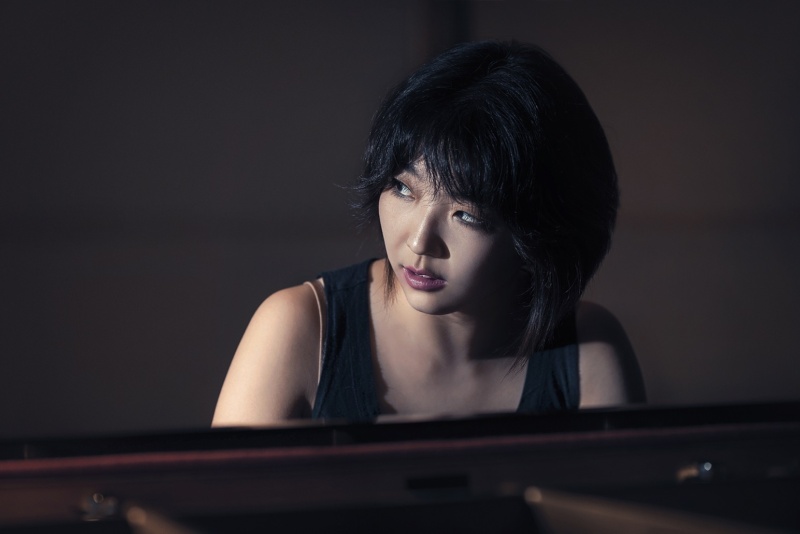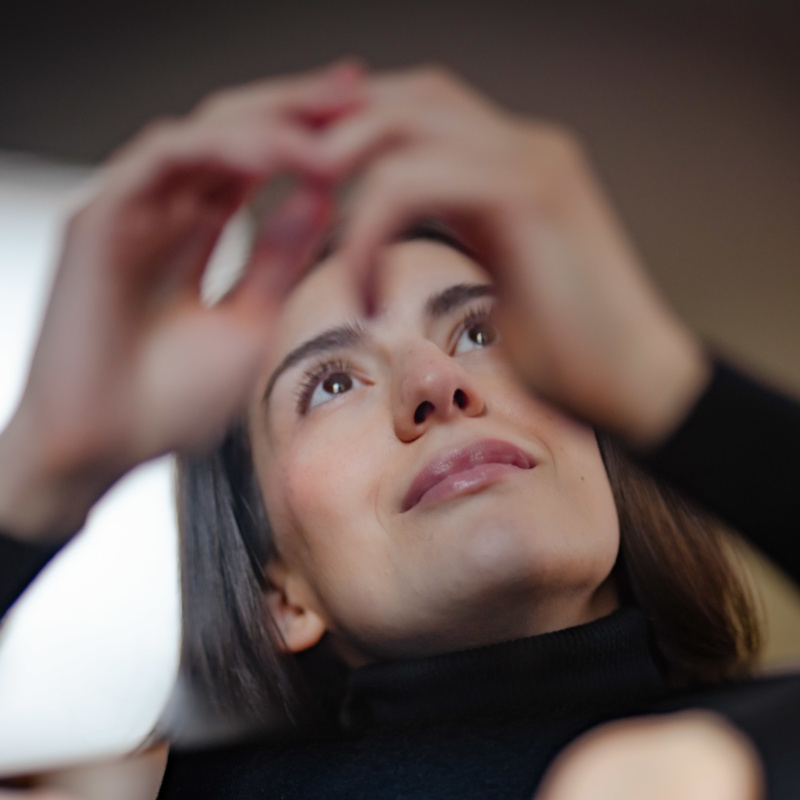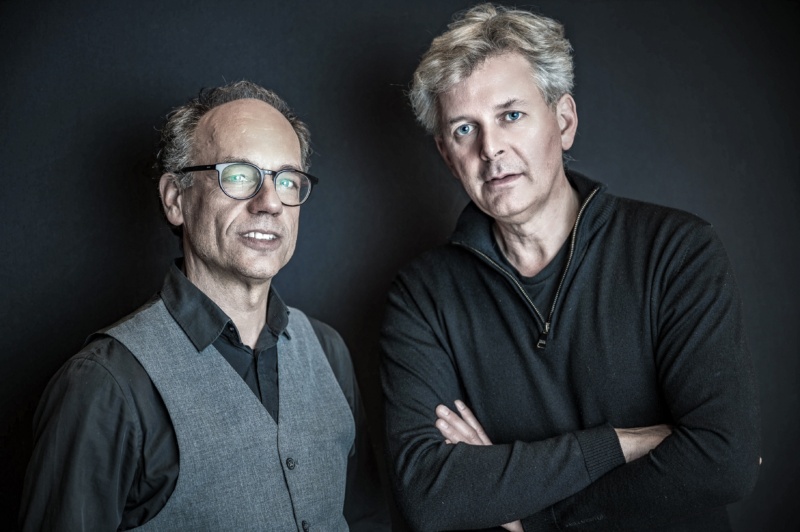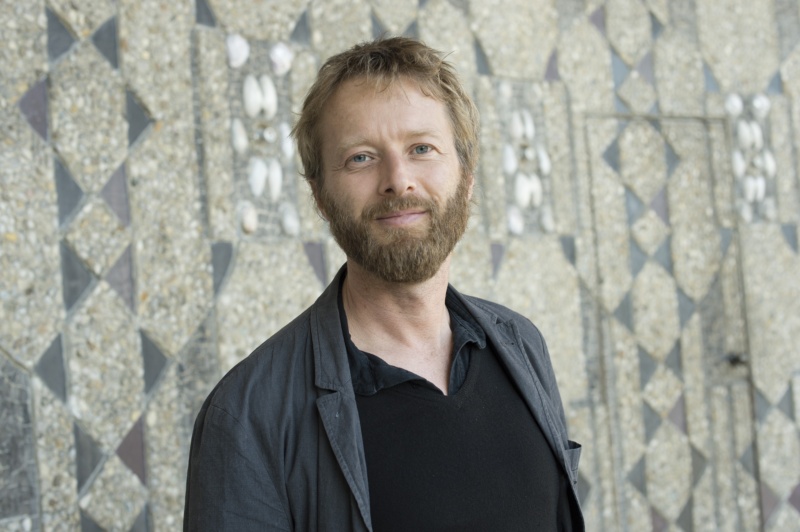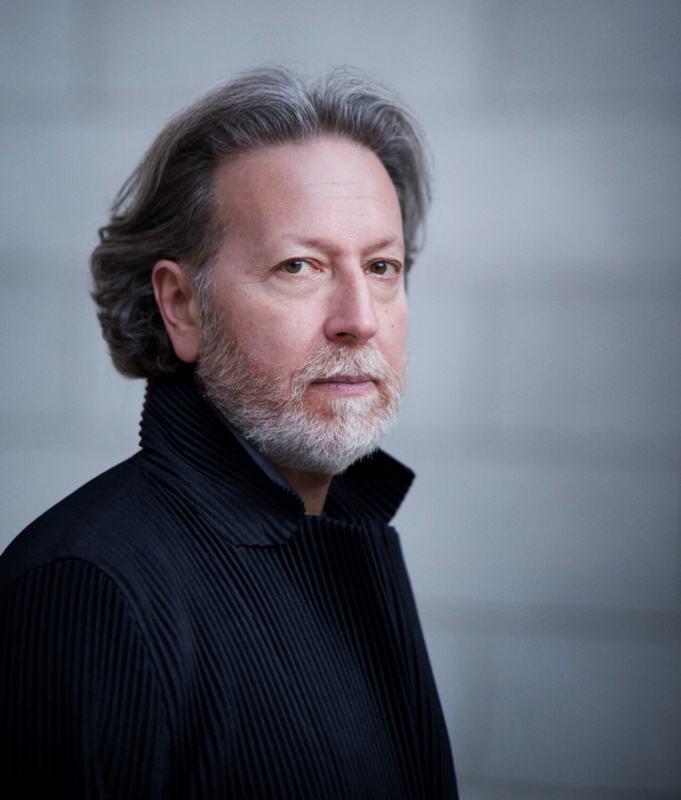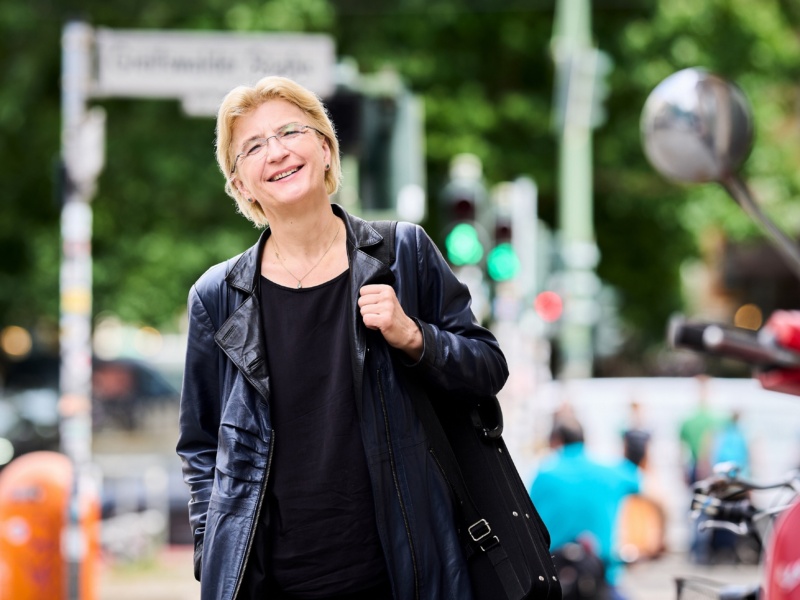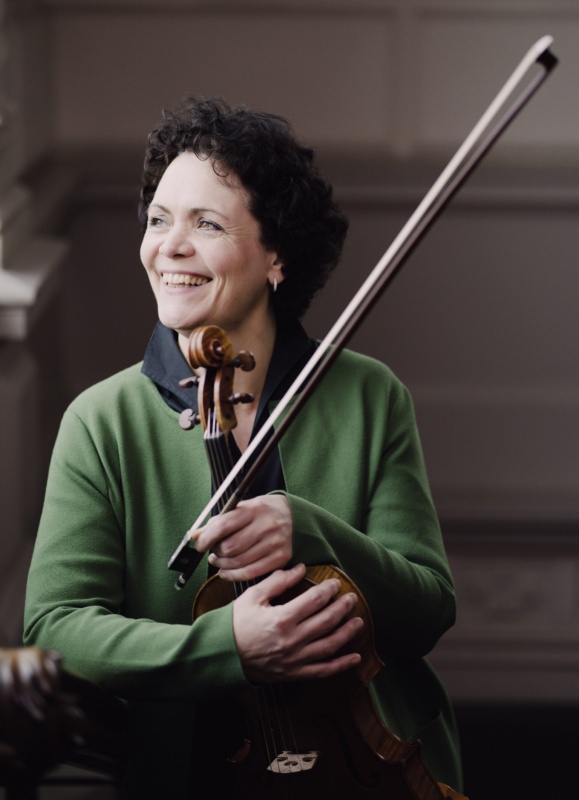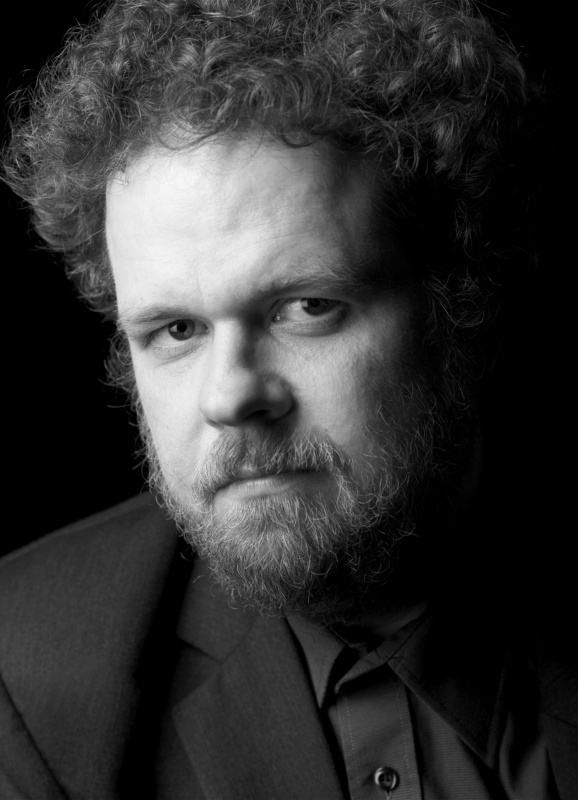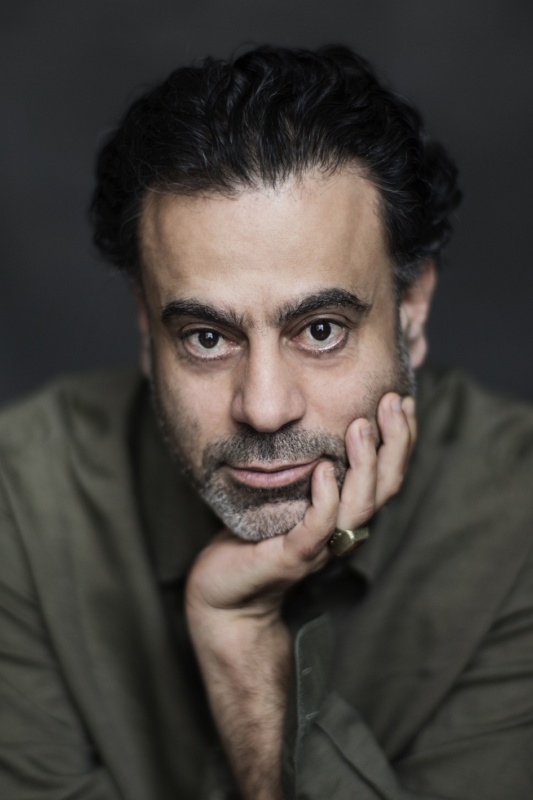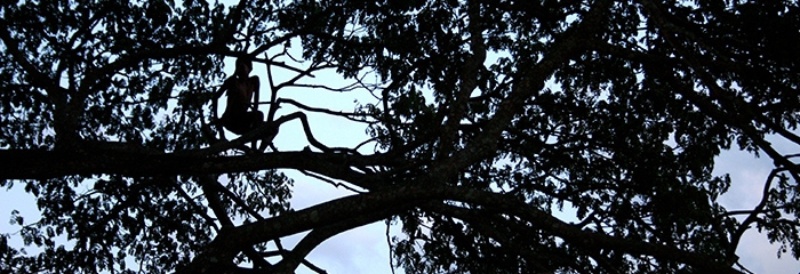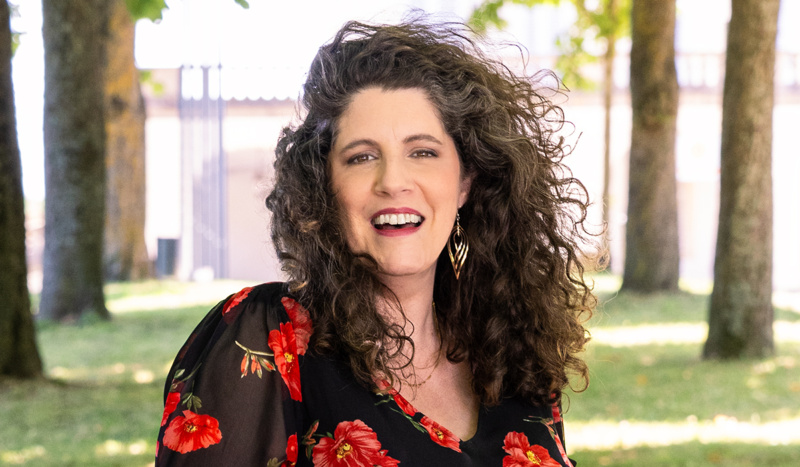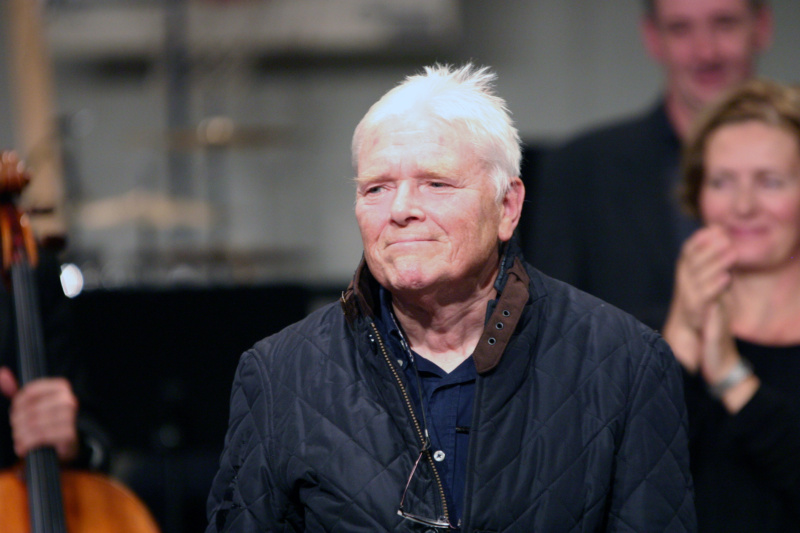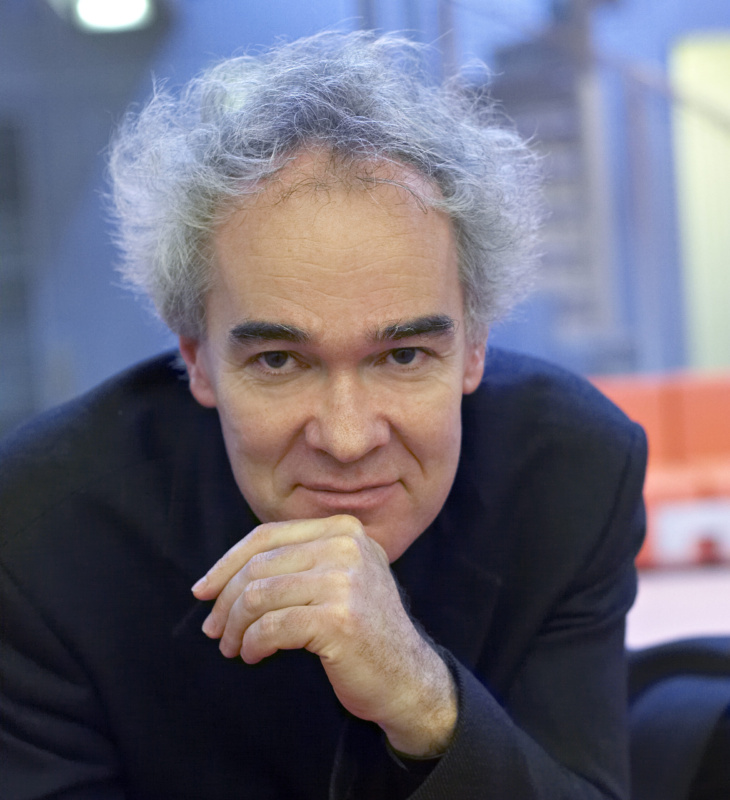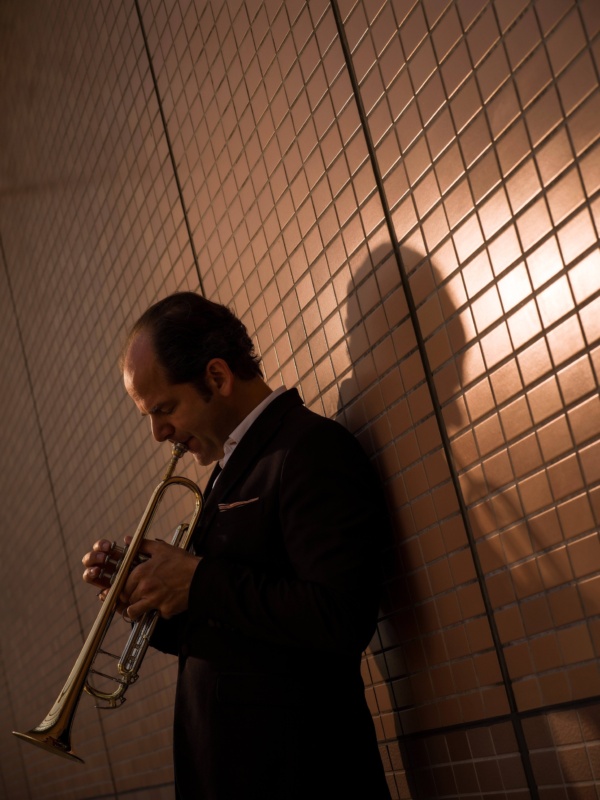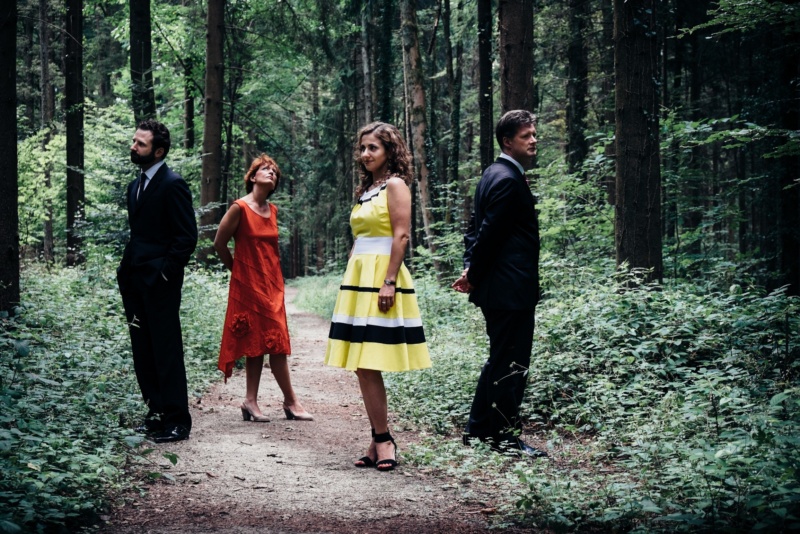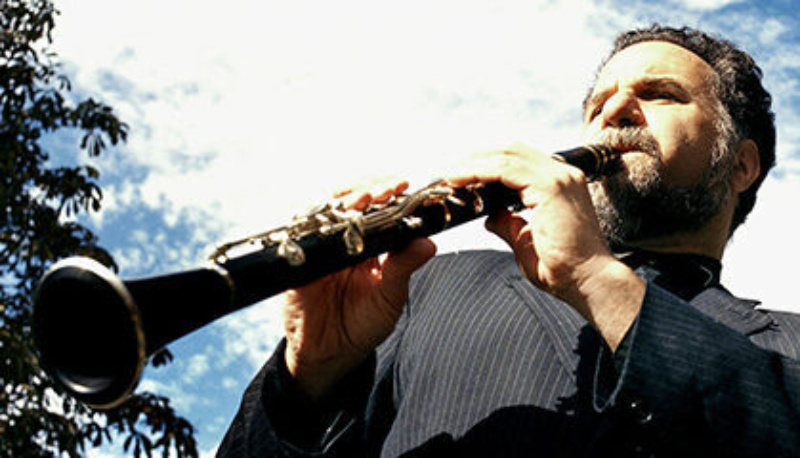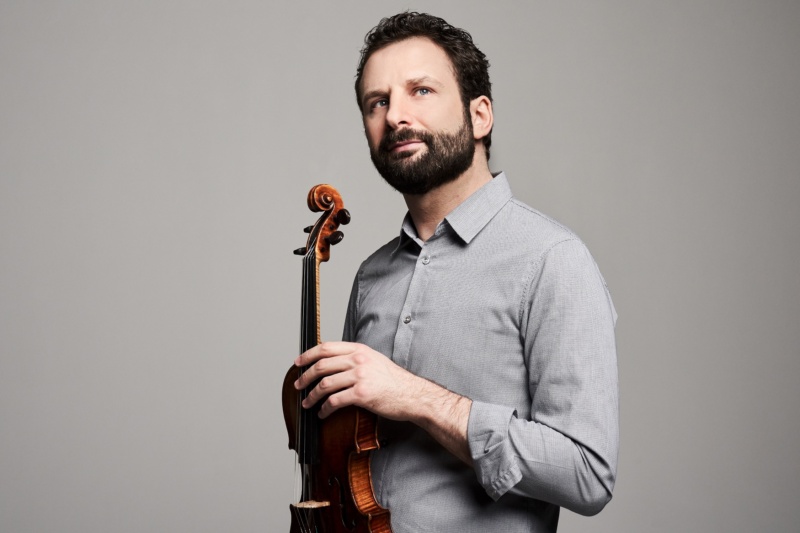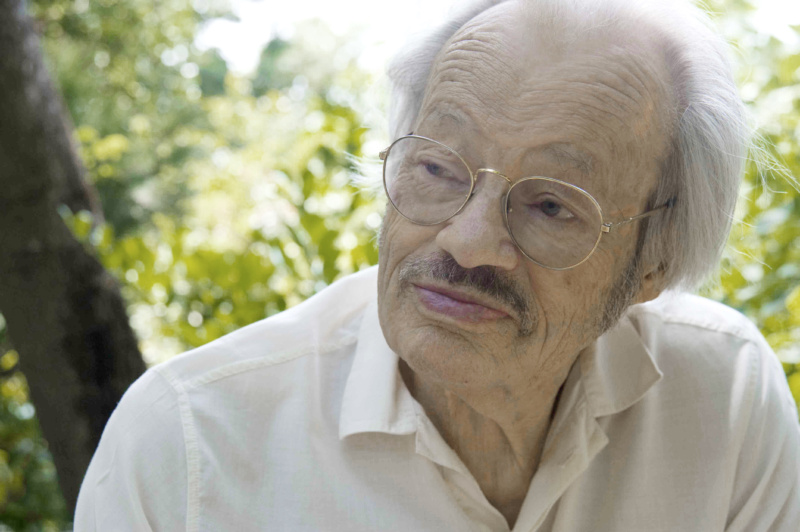The evening / is bitter / for those / whose lover is as far / as the sky.
(Japan, unknown poet, 920 AD)
Matsukaze and Murasame share a passionate and unrequited love for the
same man. Hundreds of years after their death, their ghosts return to
the salt shack where they spent their lives. In 2011, Toshio Hosokawa’s opera Matsukaze received its world premiere at La Monnaie in Brussels, staged by choreographer
Sasha Waltz. Barbara Hannigan and Charlotte Hellekant took on the roles of
Matsukaze and Murasame.
Matsukaze is based on material from classical Nō theatre that is very well-known in Japan. The composer describes the story as a drama of salvation: “Matsukaze and Murasame return to our world once again. They have a very sad fate and suffer a great yearning from which they wish to free themselves. This aspect of the story is very important for me personally. Through composing, I would like to free myself from such attachments; through music, I seek to purify my existence.”
As in many of Toshio Hosokawa’s pieces, nature plays a significant role in Matsukaze. “The title of the opera is important because the name Matsukaze is a compound word meaning wind (kaze) in the pines (matsu). What the women sing can be understood as sounds of nature. This was important to me as I composed the work; without song, I cannot bring nature into the score. When I make music, my sounds become one with the entire cosmos. In Matsukaze, music, song and dance create this connection to nature. At the end, Matsukaze becomes wind and Murasame becomes water and rain – that is a very Japanese way of thinking.” Toshio Hosokawa sees the two main protagonists as intermediaries between the world of the living and the world of the dead: “These days, we live in a world that we want to separate from death. We forget the dead, although we all die. Shamans establish a connection to the world of the dead, they move between the living and the dead.”
As classic as the story and its spiritual influences may sound, Hosokawa’s treatment of the material is far removed from the ritualised art of Nō theatre. “These strict movements and rules come from the samurai times when Nō theatre emerged,” the composer explains. “In many Japanese arts, Kabuki for instance, I recognise a very strict societal order, a hierarchy, a male society with very strict laws. It’s not possible to breathe. I don’t like that, and I’d like to free myself and art from this. But the thought, the basic theme, interests me.”
Toshio Hosokawa also based his opera Hanjo (2004) on Nō theatre. However, while the libretto of Hanjo was newly interpreted by the Japanese poet Yukio Mishima, Matsukaze was composed upon a German libretto by the young author Hannah Dübgen, who closely references the Japanese original by Zeami.
The traditions of Japanese culture influence Toshio Hosokawa greatly but do not confine him. His relationship to European music is similar. “I need both music from Japan and music from the rest of the world. I love European music more than Japanese music, already having studied it as a child. Almost all Japanese people love European music because it broadens their perspective. The Japanese tradition is very narrow. I feel our Japanese music to be less independent. Our music needs atmosphere, context, climate and special places in order to exist, and only comes alive through the joining of these components. In contrast, European music is an abstract form, a bigger world. It is possible to utilise it in other contexts,” he explains.
Aside from its riches, Toshio Hosokawa also sees weaknesses in the European music and opera tradition. “In European opera, music and movements are separate. The vocals are wonderful but the gestures are always the same. Coming from Japanese theatre, one is used to song and movement relying on one another. I would like to create something new, a truly new opera and for this, new impulses and personalities are essential.”
In the last scene of Matsukaze, it is dance that brings deliverance to the souls of the two sisters who long for the fulfilment promised in a poem penned by their lover:
Today is the hour of parting / the gates of the capital are waiting for me / yet when I hear your longing / call, loved one - / I will return.
Nina Rohlfs, 04/2015 | Translation: Celia Wynne Willson
Interview with Toshio Hosokawa: Ilka Seifert
